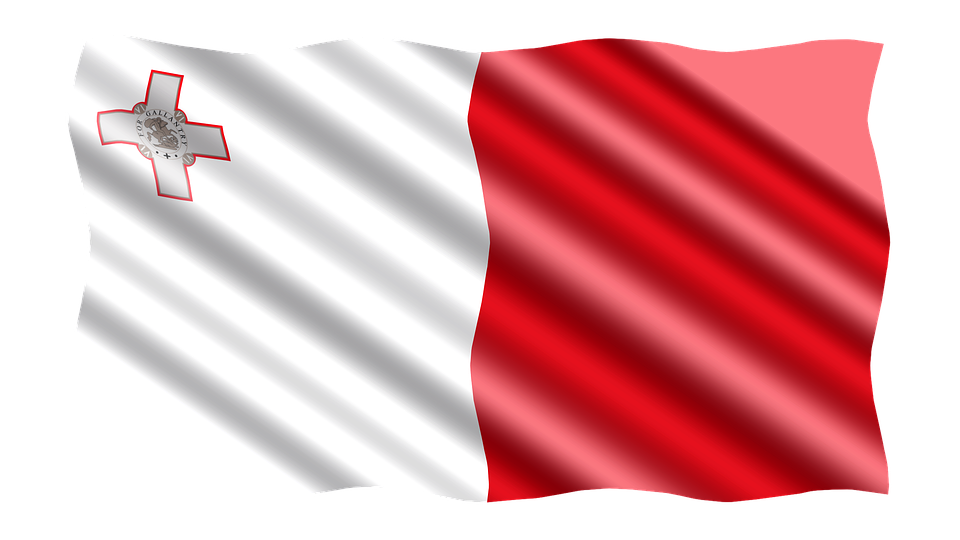EU Suggests Malta Optimize its Tools against Crypto-Crimes
The organization fears that cryptocurrencies can become a possible weak link in the fight against financial crime and money laundering. It recommends to reinforce the vigilance in these processes
In early April, Malta’s Financial Services Authority (MFSA) approved 14 licenses to promote the registration of blockchain companies, with the aim of becoming the first country with a government agency dedicated to the registration of companies through the use of blockchain technology.
Among other approaches to this technology, the Government of said country granted 19 scholarships valued at US $ 179,000 for blockchain training that the country will be able to take advantage of in the future, by offering PhD degrees to professionals who would specialize in blockchain.
In response to all the steps that this island has taken to adopt distributed ledger technology, the European Union (EU) affirmed that these measures, beyond attracting investors or not, can become a possible weak link in the fight against financial crime and money laundering.
In this regard, the European Union recently spoke about this matter and expressed the opinion that Malta needs to improve its current resources and be vigilant against possible financial crimes in the region as a result of the popularity that cryptocurrencies have obtained and the bad intentions of some users, according to what local media in Malta reviewed.
In a letter addressed to the member states of the international body that report how to spend or invest EU funds, the European Commission warned that the growing cryptocurrency sector in Malta is a possible “weak link” in the continent’s fight against financial crime.
“The Commission, in its recommendations to member states for the use of EU funds, said that the size of Malta’s financial and gaming sector, and the efforts to attract cryptocurrency operators require effective enforcement against money laundering”, says part of the statement.
According to the political entity, it is necessary to tackle the possible conflicts of interest that the government of Malta has with respect to the use of cryptocurrencies. The purpose of all the aforementioned is to avoid any possible attempt of corruption. Another point that the EU highlighted is that tax obligations should also be evaluated, given the openness to these new digital assets and their different characteristics from those of traditional or fiat money.
“In addition, the Economic Crimes Unit of the police does not have enough personnel. In this context, it is important to unite a strengthened legislative framework with a suitable and complete implementation”, added the Commission.
Meanwhile, Malta continues its path to support cryptocurrency and blockchain companies. Due to this disposition, important companies in this industry, such as the Binance exchange, have turned the country into an ideal place to develop their activities.
However, the country’s authorities have also assured that they are becoming familiar with the characteristics of the blockchain sector. To achieve this goal, they have created research teams to be informed about the uses of this technology and, as they say, the government has issued information for users, such as the risks associated with the investment on cryptoactives.
Malta has been one of the states that has shown more interest in blockchain technology worldwide. Even more than a year ago, Joseph Muscat, Prime Minister, said that Europe should become the “Bitcoin continent”, something that Malta has assumed in every way.
The security measures to combat the cryptographic crimes in that country are in question whilst the questions of the EU could generate a regulatory framework that would try to protect the Maltese citizen, whilst the country still opening the doors to the new technologies that are being born.
By María Rodríguez
